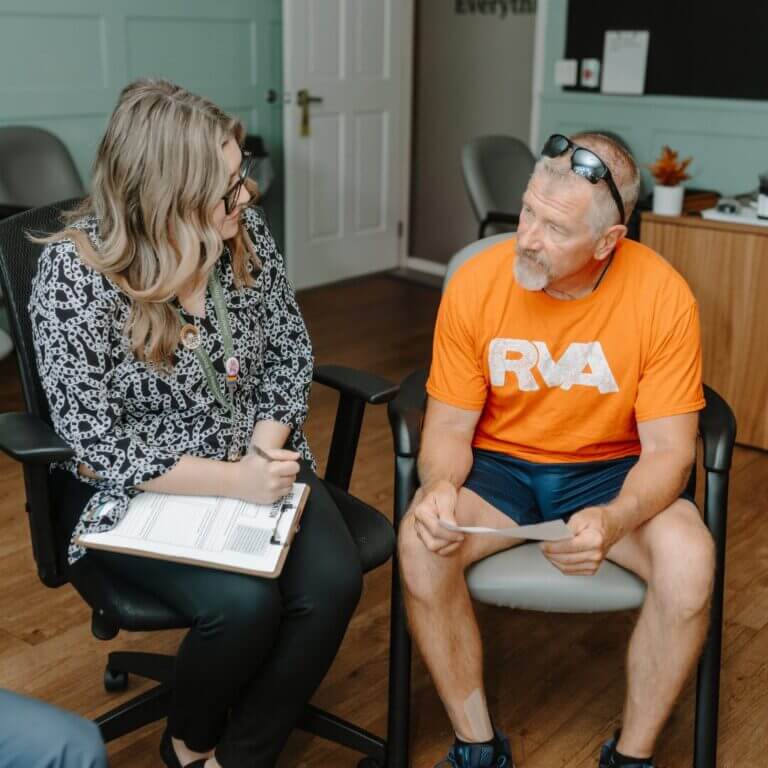Rebuilding financial stability is another essential life skill to embrace in recovery. While in active substance use, it is likely your personal finances took a beating. Going through savings and racking up debt to feed the habit is very common. Now that you are in recovery, it is time to restore financial wellness, one piece at a time.
While this is a logical step to take while establishing other positive new habits, successful money management requires a plan. Without developing a sensible monthly budget, and then adhering to it, it is hard to make headway. Learn some helpful ways to steadily improve your personal finances in recovery.
Importance of Finances in Recovery
The good news is that all the money that was once frittered away on substance use is now available for sound financial growth. Managing money might not be a strong suit, so it might help to first have a general understanding of why it is important to exercise financial savvy in recovery.
First of all, stress that is caused by money problems is a common trigger for relapse. When you shore up your financial life you are also helping to reinforce sobriety. If the loss of a job was one of the consequences of the substance use, then start with a job hunt. Securing new employment is the first step toward executing the larger financial plan.
Recovery provides an opportunity to change former impulsive spending habits. Exercising fiscal restraint can help build up savings while paying off credit card debt. When your overall financial picture improves through these efforts, so will your credit score. A higher FICO score can open up new opportunities, such as homeownership possibilities or getting a better interest rate on an auto loan, for example.
5 Financial Wellness Tips
While in treatment, you may have learned how to manage emotions and stress but may not have received the guidance needed for practical matters like handling money. To begin a new chapter in personal money management, consider following these 5 tips:
- Create a Realistic Budget. It all begins with a monthly budget. Take a few minutes to list every single recurring debt you encounter each month, and then add some padding for unexpected or occasional expenses like car repairs, clothing, or gifts. Be realistic when making the budget or you won’t be able to stick to it.
- Enroll in a Financial Workshop. Sometimes it helps to get some expert financial guidance. There are free financial workshops available online and on YouTube channels, in addition to online college courses on personal finance. Also, you can locate free tools and worksheets online to help you manage your expenditures and stay on track.
- Use a Money Management App. Personal finance tools are available on your smartphone via money management apps. Some of these include PocketGuard, Mint, and YNAB (You Need a Budget) and are available at the app store. These handy tools can help you keep track of your spending, while also aiding you in developing new saving habits.
- Set Up Automatic Savings. It may seem that your paycheck is swallowed up before you could save a nickel. Why not set up an automatic savings function at your bank? Set the amount you wish to have automatically withdrawn from your paycheck and deposited directly into savings.
- Pay Down Debt. It doesn’t take long to find ourselves buried in credit card debt. Pick the card with the highest interest rate to pay off first, and then double or triple the minimum payments until you can extinguish that debt. Then, move to the next card and do the same. This takes time and patience, but it will be worth it when you free yourself from those hefty monthly finance charges.
While repairing your financial wellness in recovery may seem to be a daunting task, you can definitely improve your financial picture by committing to the above suggestions. Stick to the plan and in time your personal finances will bear the fruits of your efforts.
Ashley Addiction Treatment, formerly Father Martin’s Ashley, is a nationally recognized nonprofit leader in integrated, evidence-based treatment for substance use disorders and is accredited by The Joint Commission. We offer both inpatient and outpatient programs, holistic addiction treatment, drug detox, relapse prevention plans, family wellness programs and a variety of other services tailored to each patient’s needs. Our driving principle — “everything for recovery” — reinforces our mission to heal each individual with respect and dignity, and reflects on our ongoing commitment to meet new challenges. For information about our comprehensive programs, please call (866) 313-6307.



